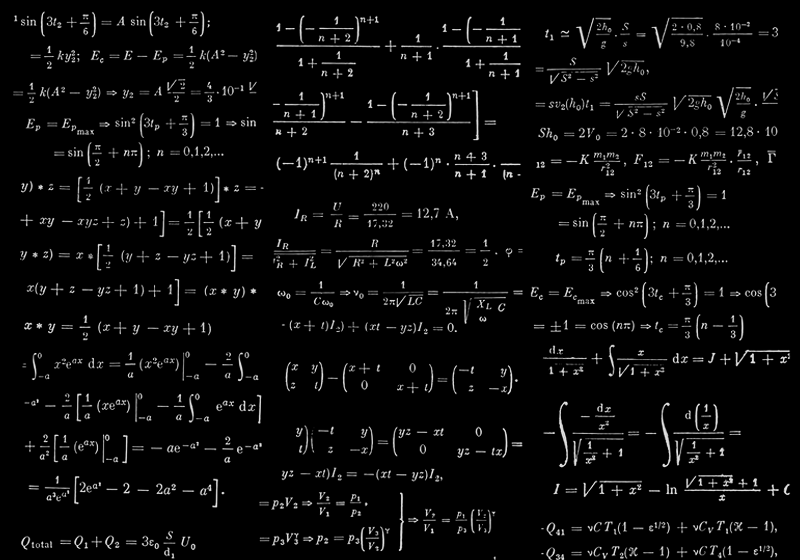 Título: Linear and nonlinear stability problems for the Vlasov-Poisson equations
Título: Linear and nonlinear stability problems for the Vlasov-Poisson equations
Palestrante: Igor Rodnianski, Princeton University
Data: 07/07/2022.
Horário: 12:30h
Para mais informações acesse AQUI o link.
Resumo: I will discuss the issues in and around problems of stability of spatially homogeneous equilibria in collisionless plasma, including Landau damping and plasma echoes.
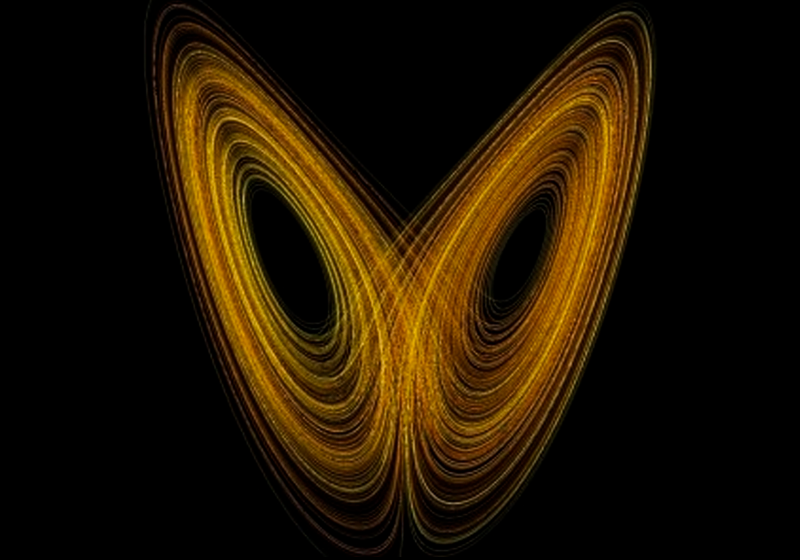 Encontro dos grupos de sistemas dinâmicos do Rio de Janeiro.
Encontro dos grupos de sistemas dinâmicos do Rio de Janeiro.
Data: 08/07/2022
Horário: 14:30h - 18:10h
Local: Bloco G - UFF - Gragoatá
Para mais detalhes, veja AQUI a Programação!
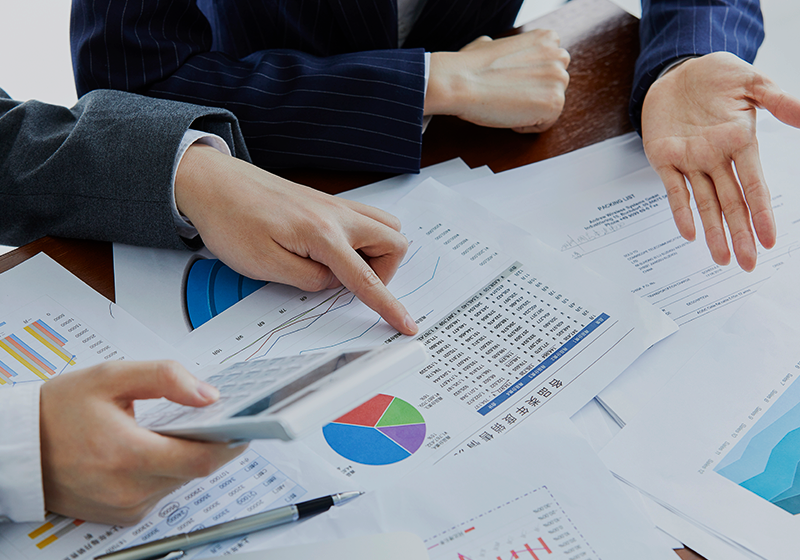 Título: The shape theorem for first-passage percolation model on a random geometric graph
Título: The shape theorem for first-passage percolation model on a random geometric graph
Palestrante: Cristian Coletti (CMCC-UFABC)
Data: 04/07/2022
Horário: 15:00h às 16:00h (Rio de Janeiro local time)
Local: Transmissão online.
Confira AQUI o link para a transmissão.
Resumo: We consider the first-passage percolation model with independent and identically distributed random variables on the random infinite connected component on a random geometric graph. We study sufficient conditions for the existence of the asymptotic shape.
This is a joint work with Lucas R. de Lima, A. Hinsen, B. Jahnel and Daniel Valesin.
Organizadores: Giulio Iacobelli and Maria Eulalia Vares
Todas as palestras são realizadas em Inglês.
Informações mais completas sobre os seminários estão disponíveis AQUI.
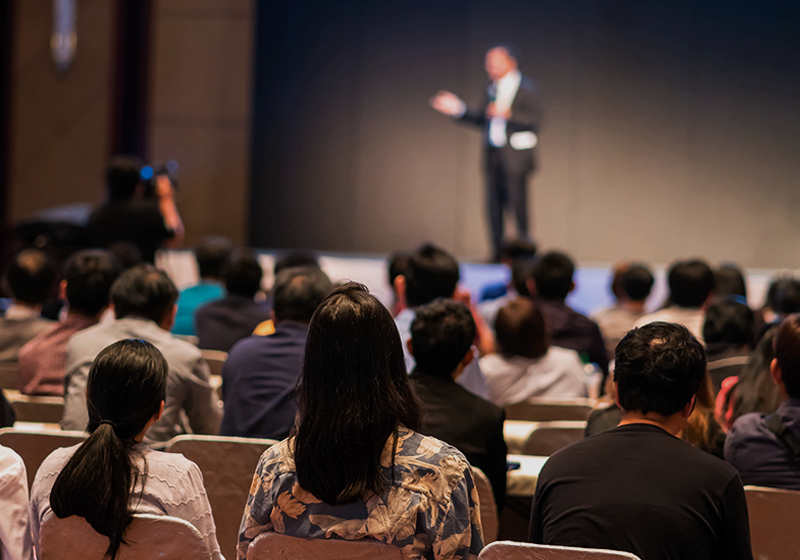 Título: The New Wave in Robot Grasping
Título: The New Wave in Robot Grasping
Palestrante: Ken Goldberg - University of California at Berkeley (UC Berkeley)
Data: 05/07/2022
Horário: 14h00
Local: Auditorio CT2, Cidade Universitária, Ilha do Fundão.
Resumo: Despite 50 years of research, robots remain remarkably clumsy, limiting their reliability for warehouse order fulfillment, robot-assisted surgery, and home decluttering. The First Wave of grasping research is purely analytical, applying variations of screw theory to exact knowledge of pose, shape, and contact mechanics.
The Second Wave is purely empirical: end-to-end hyperparametric function approximation (aka Deep Learning) based on human demonstrations or time-consuming self-exploration. A "New Wave" of research considers hybrid methods that combine analytic models with stochastic sampling and Deep Learning models. I'll present this history with new results from our lab on grasping diverse and previously-unknown objects.
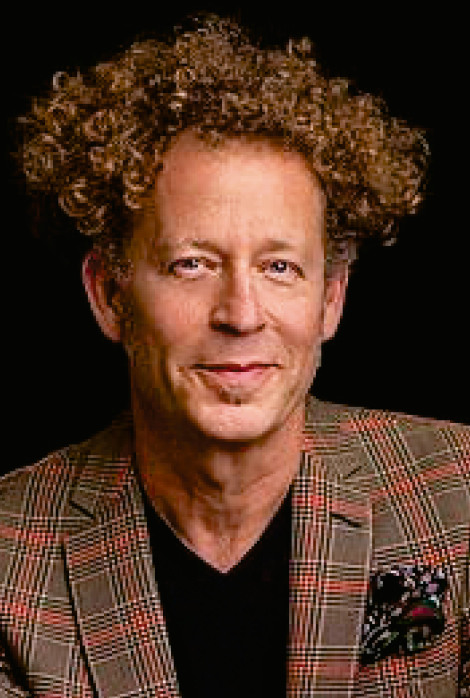 Resumo do Palestrante: Kenneth Yigael Goldberg is an American artist, writer, inventor, and researcher in the field of robotics and automation. He is professor and chair of the industrial engineering and operations research department at the University of California, Berkeley, and holds the William S. Floyd Jr. Distinguished Chair in Engineering at Berkeley, with joint appointments in Electrical Engineering and Computer Science (EECS), Art Practice, and the School of Information. Prof. Goldberg also holds an appointment in the Department of Radiation Oncology at the University of California, San Francisco. Prof. Goldberg and his students have published over 170 peer-reviewed technical papers on algorithms for Robotics, Automation, and social information filtering. Prof. Goldberg leads the UC Berkeley Automation Sciences Lab, which pursues research in Cloud Robotics and Automation, Social Information Retrieval using geometric algorithms, and Algorithmic Automation for Feeding, Fixturing, Grasping, with an emphasis on geometric algorithms that minimize sensing and actuation. For his research, Goldberg was awarded the National Science Foundation Young Investigator Award in 1994, the National Science Foundation Presidential Faculty Fellowship in 1995, the Joseph F. Engelberger Robotics Award in 2000, the IEEE Major Educational Innovation Award in 2001. Goldberg was named IEEE Fellow in 2005 "for contributions to networked telerobotics and geometric algorithms for automation."
Resumo do Palestrante: Kenneth Yigael Goldberg is an American artist, writer, inventor, and researcher in the field of robotics and automation. He is professor and chair of the industrial engineering and operations research department at the University of California, Berkeley, and holds the William S. Floyd Jr. Distinguished Chair in Engineering at Berkeley, with joint appointments in Electrical Engineering and Computer Science (EECS), Art Practice, and the School of Information. Prof. Goldberg also holds an appointment in the Department of Radiation Oncology at the University of California, San Francisco. Prof. Goldberg and his students have published over 170 peer-reviewed technical papers on algorithms for Robotics, Automation, and social information filtering. Prof. Goldberg leads the UC Berkeley Automation Sciences Lab, which pursues research in Cloud Robotics and Automation, Social Information Retrieval using geometric algorithms, and Algorithmic Automation for Feeding, Fixturing, Grasping, with an emphasis on geometric algorithms that minimize sensing and actuation. For his research, Goldberg was awarded the National Science Foundation Young Investigator Award in 1994, the National Science Foundation Presidential Faculty Fellowship in 1995, the Joseph F. Engelberger Robotics Award in 2000, the IEEE Major Educational Innovation Award in 2001. Goldberg was named IEEE Fellow in 2005 "for contributions to networked telerobotics and geometric algorithms for automation."
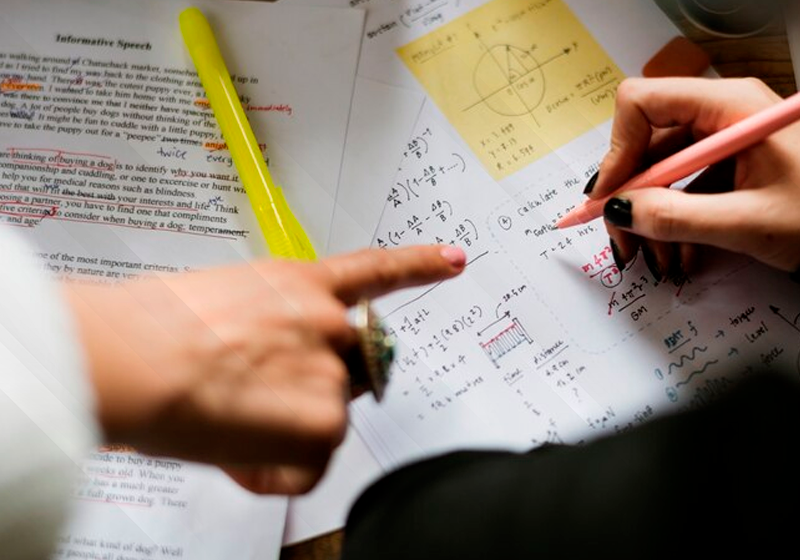 Titulo: Uma introdução à mecânica geométrica e sistemas não-holônomos
Titulo: Uma introdução à mecânica geométrica e sistemas não-holônomos
Palestrante: Paula Balseiro (Instituto de Matemática, UFF)
Data: 01/07/2022
Horário: 13:00
Local: Sala C-116
Resumo: Uma bola rodando sobre diversas superfícies ou o movimento de um skateboard são exemplos de sistemas mecânicos com vínculos nas velocidades.
Nesta palestra vamos começar apresentando sistemas mecânicos clássicos para depois nos focar nos sistemas não-holônomos: sistemas que se caracterizam pelo fato de que suas velocidades admitem restrições que não derivam de restrições nas posições. Depois de analisar alguns exemplos, vamos estudar diferenças geométricas e dinâmicas entre os sistemas hamiltonianos (sistemas sem vínculos) e os sistemas não-holônomos; diferenças que envolvem ferramentas da geometria simplética e Poisson. Finalmente vamos apresentar perguntas ainda abertas da àrea.
